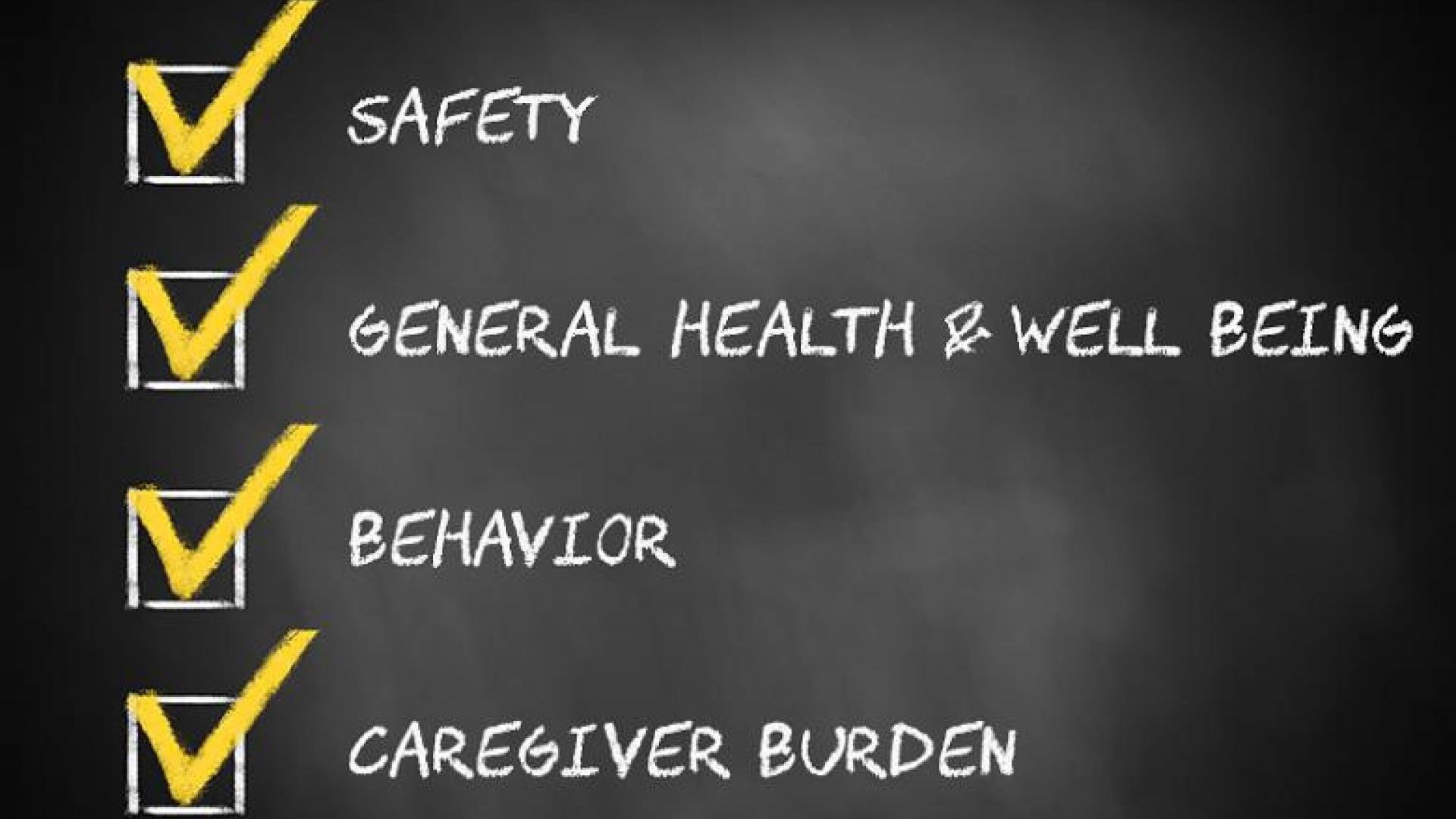Alzheimer’s and Assisted Living: Four Considerations
Learn about the factors that will help you know when it is time for someone to move to assisted living.



Learn about the factors that will help you know when it is time for someone to move to assisted living.

For several years I worked with a family and their aging parents. Along the way family members came to discover their mother had dementia. As the children became aware of her dementia (possibly Alzheimer’s), many conversations ensued about the “what ifs.” “What if she lives longer than Dad does – what will we do?” “If it is Alzheimer’s – what steps will we take for her care?” “What will we do when Dad can no longer manage as her “caregiver?” “How will we know when it is time to move her to assisted living?”
When assisted living is the direction a caregiver or family is considering, it is important to understand the options. There are medium to large assisted living facilities that come with many benefits – activities, socialization, three meals a day, housekeeping and laundry services, medication management if needed, transportation for doctor appointments, church, outings, and grocery and drug stores. There are also smaller assisted living facilities that include private homes with 6 – 8 residents. Quieter and located within residential neighborhoods, these facilities may be the way to go for some. Smaller assisted living homes are especially appropriate when a resident has no interest or need for the extra services of a larger facility.
As it happens, the answer to this question has many factors. Any one of the factors, or a combination of them, can put the process of moving to assisted living in motion. The factors can fall into one of four categories—safety, general health and well-being, behavior, and caregiver burden. Let’s take a look at them.
If this decision is yours alone to make, are you ready to move your loved one to an assisted living facility?
If you are finding it difficult to make this decision, many resources are available. Tour some facilities and talk to the staff. Reach out to your local Area Agency on Aging or Adult and Aging Services. An Aging Life Care Specialist is also available to discuss this option, as well as others. Finally, other caregivers are traveling the same journey and understand. Find them through any of the resources above.
BrightFocus Foundation is a premier global nonprofit funder of research to defeat Alzheimer’s, macular degeneration, and glaucoma. Through its flagship research programs — Alzheimer’s Disease Research, Macular Degeneration Research, and National Glaucoma Research— the Foundation has awarded nearly $300 million in groundbreaking research funding over the past 51 years and shares the latest research findings, expert information, and resources to empower the millions impacted by these devastating diseases. Learn more at brightfocus.org.
Disclaimer: The information provided here is a public service of BrightFocus Foundation and is not intended to constitute medical advice. Please consult your physician for personalized medical, dietary, and/or exercise advice. Any medications or supplements should only be taken under medical supervision. BrightFocus Foundation does not endorse any medical products or therapies.
